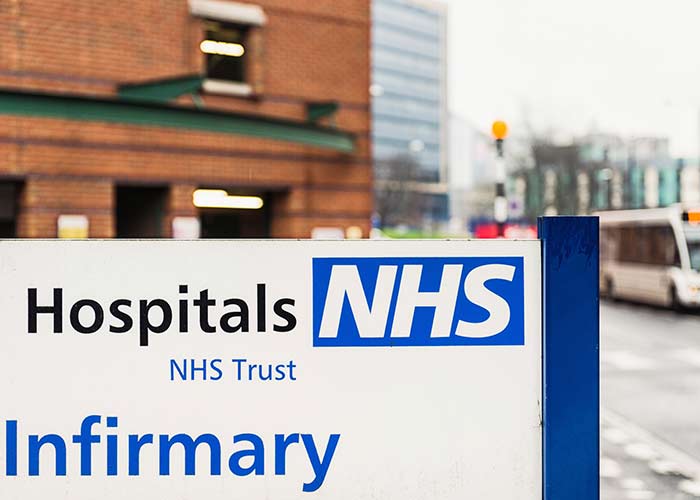
The “era of austerity is finally coming to an end”, was a message chancellor Philip Hammond repeatedly hammered throughout his Budget on yesterday, as he turned on the spending taps, while also providing some tax relief for some businesses and workers. And for some, at least temporarily, an end to the fiscal retrenchment of the last decade may feel true.
For some time now the big winner of Budget 2018 was already known, with the NHS accounting for 90% of the extra government spending in the years ahead.
It was helpful then for the chancellor that lower-than-expected public spending and higher value added tax and corporation tax receipts since April 2018 had provided him with an additional £13bn than had been earlier forecast.
This surprising addition to public finances was certainly put to political use by the chancellor, and in the short term many taxpayers are to find a bit extra in their pocket, with the raising of the personal allowance for income tax up to £12,500, a higher rate threshold at £50,000, with the exception of Scotland, and a freezing of alcohol duties, which will no doubt be welcomed down at the pub.
Government departments and schools both find they have a little bit more breathing room, with for example, an additional £1bn given to the Ministry of Defence, and £400m for “little extras” for classrooms. And while the extra in education may be marred by a poor choice of words from the chancellor, who failed to appreciate the pressures in the sector, this top up was sorely needed.
However, have no doubt this is a ‘trick or treat’ Budget. In reality it is a lolly scramble of sweets which does not provide for the long term health of public finances. When the dust settles from some big one off boosts for councils, such as £650m for social care, £45m for disabled facilities, and £420m for road repairs, as with any Budget we will begin to see that there are losers.
As has been repeatedly the case, and unfortunately for councils, under these proposals they will continue to face many of the same challenges they did before the chancellor rose to his feet. As we know, the long term challenges are greater than the short term ones, and following this Budget the CSR prospects remain bleaker for many public services, and notably so for local government.
‘The issue remains that there is simply not enough cash to sustain the expectations of public services at the current levels of taxation.’
The issue remains that there is simply not enough cash to sustain the expectations of public services at the current levels of taxation.
The government must go beyond moving from one reactive cash injection to the next, because this fails to assess the sustainability of many public services.
The OBR’s July 2018 projections on which this budget is based, forecast that within 50 years, at current levels of taxation, the UK will not be able to afford anything more than debt interest, health, social care and pension payments – an issue we highlighted within our Performance Tracker together with the Institute for Government.
Councils must be wary too of a further reduction of their tax base which may come from this Budget. Business rates relief may be welcomed by high street and Chambers of Commerce around the country, but it should be noted with this loss of income for local councils being compensated for by the central government, this policy may end up increasing dependency on central funding. The very reverse of moving local government further down the road to self-sufficiency.
It’s worrying too that by reducing the tax take at a time when he should be looking to increase it, the chancellor seems to have ignored that there is simply not enough cash to sustain the current level of expectations of public services.
While on Monday the chancellor was able to point to a favourable five year OBR forecast with government debt to fall to 80% of GDP in 2022-23, but this ignores that, without any changes in policy, it is then predicted to rise to reach 282.8% of GDP in 2067-68.
It was a point of interest too that the chancellor committed to stopping PFI arrangements for new infrastructure projects, recognising that some projects represent questionable value for money. However the budget is silent on what will be put in place to deliver planned future investments identified for PFI sourcing and how these will be funded.
So in the end we find the general theme of this Budget was a delay from making the hard decisions. Social care awaits the publishing of the Green Paper. Schools will keep struggling having just the one year of additional funding.
Local councils wait on long term funding solutions to be provided. And of course this all falls under the shadow of Brexit.
Hope for many public services now rests on the ability of the Spending Review to address a widening gap in the books of many public services between expectations, and what can be feasibly delivered. However with the Budget’s red book showing that spending by 2023 will fall far short of 2010-11 levels, this does not seem hopeful.
If we are to create a sustainable public service, we need the government to be bolder, braver and think in the longer term. It seems clear to us at least the era of austerity is far from not over.
Rather for some of our public services, this Budget has just provided a temporary reprieve.





















